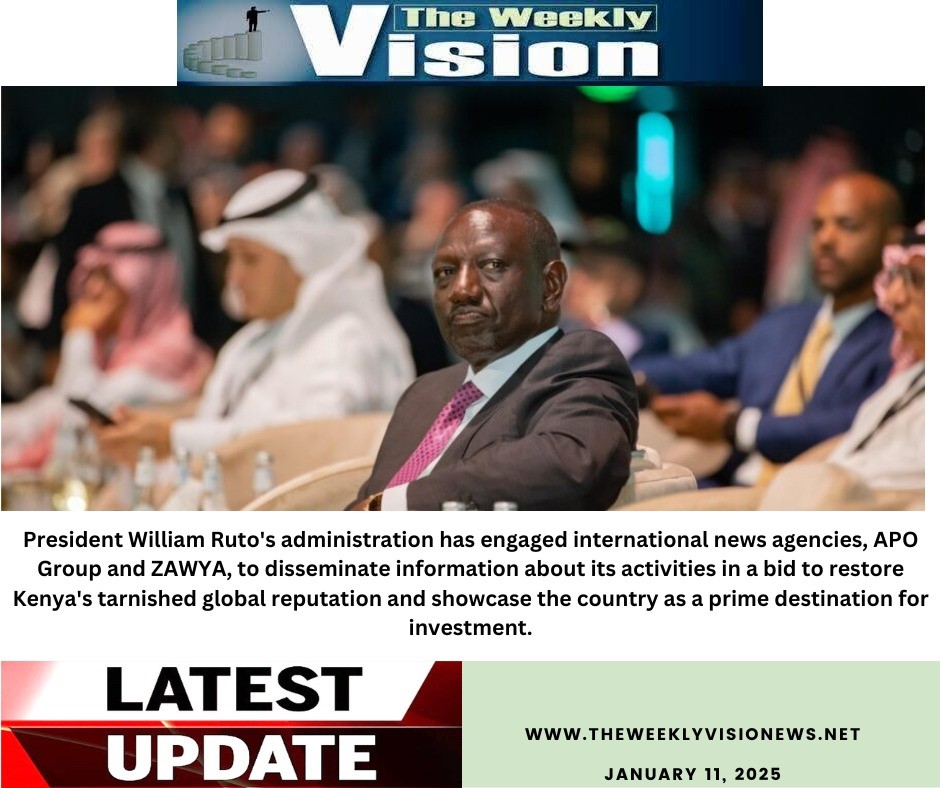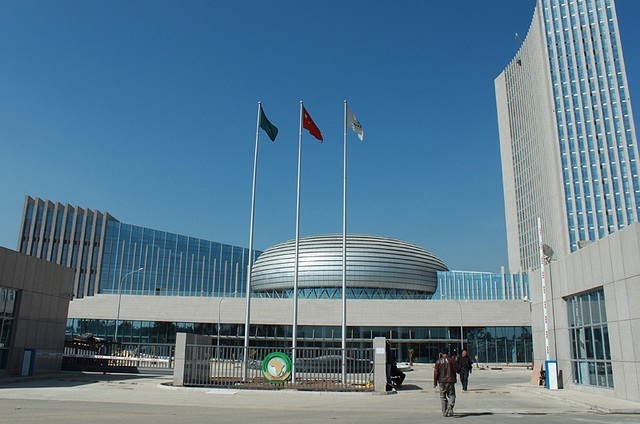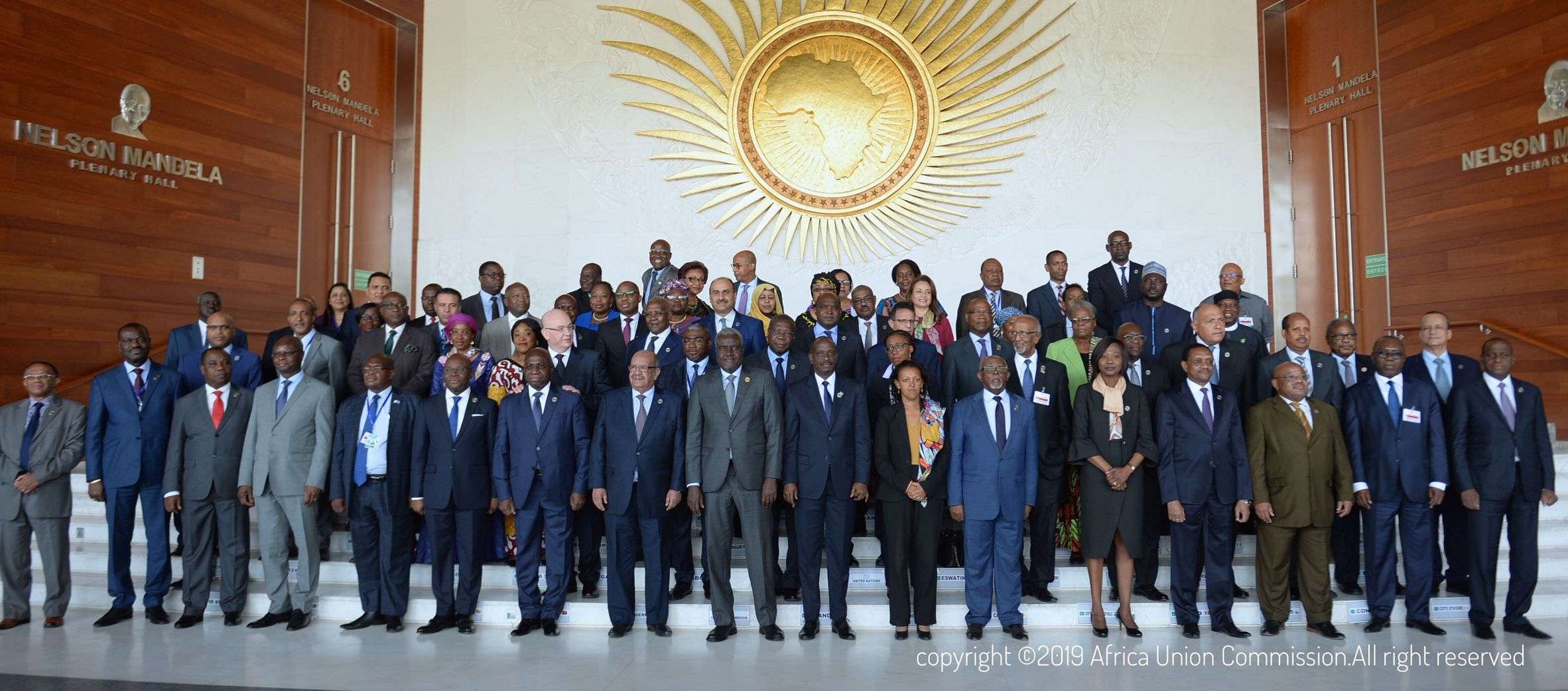In his Jamhuri Day address, President Ruto expressed concerns about the dangers of disinformation in the digital age, stating: “We are at the stage in social development when digital technologies have immense capacity to amplify disinformation, magnify fake news, and distort facts beyond all recognition. If we give in to these emerging negative trends, we shall pay with our freedom, democracy, and development,” he said
The Kenyan government has enlisted international news agencies, APO Group and ZAWYA, to distribute information about its activities as President William Ruto seeks to repair Kenya’s tarnished international image and position the country as an attractive investment hub.
Since the June/July Gen Z-led protests against punitive taxes in the Finance Bill 2024 and other governance grievances, Kenya has faced significant international scrutiny. Western governments and human rights organizations have criticized the administration for using excessive force to suppress demonstrations. Reports of extrajudicial methods, including abductions, enforced disappearances, and killings of government critics, particularly on social media, have further dented Kenya’s global standing.
Read More: APO Group Denies Commercial Ties with Kenyan Government Amid Scrutiny Over PR Role
The Kenya Kwanza administration is now banking on the expertise of APO Group, whose primary mission is to empower businesses through strategic communication, and ZAWYA, a trusted news source in the Middle East and Africa. Both agencies will assist in amplifying positive narratives about the presidency and key ministries. APO Group’s expanded role includes crafting impactful messaging, securing influential press coverage, and conducting media monitoring to mitigate negative publicity.
President Ruto has consistently lamented that Kenyans’ online criticism of his government risks discouraging potential investors. To counter the onslaught of negative publicity, he has increasingly relied on bloggers and digital influencers to promote his Bottom-Up Economic Transformation Agenda (BETA). Reports suggest the government has been paying bloggers between Ksh30,000 and Ksh100,000 monthly to publicize achievements, such as the affordable housing program.
However, public skepticism persists. Projects like Universal Health Coverage, backed by the Social Health Insurance Fund, have struggled to gain public trust. Similarly, controversies around alleged corruption—such as the aborted plan to lease the Jomo Kenyatta International Airport (JKIA) to India’s Adani Group and a US$265 million bribery scandal involving Adani—have deepened the administration’s woes.
Last week, media and communications experts, including Carol Mandi, Archie Ojany-Alai, and Boniface Odinga, were engaged to enhance the government’s communication strategies. Deputy Chief of Staff for Performance and Delivery Management, Eliud Owalo, emphasized that the team’s mandate is to position the government, its leadership, and programs as viable and marketable products while bolstering stakeholder engagement across sectors.
In his Jamhuri Day address, President Ruto expressed concerns over the dangers of disinformation in the digital age: “We are at the stage in social development when digital technologies have immense capacity to amplify disinformation, magnify fake news, and distort facts beyond all recognition. If we give in to these emerging negative trends, we shall pay with our freedom, democracy, and development.”
Amid escalating criticism and accusations of corruption, the Kenya Kwanza government is under pressure to restore its image both at home and abroad.





